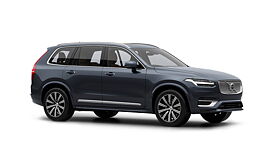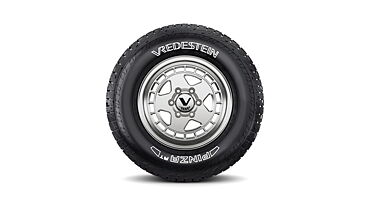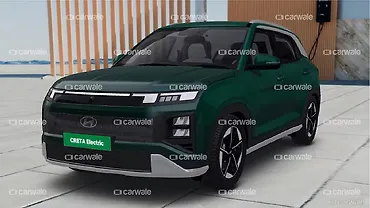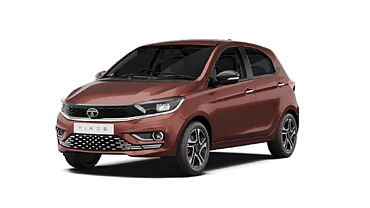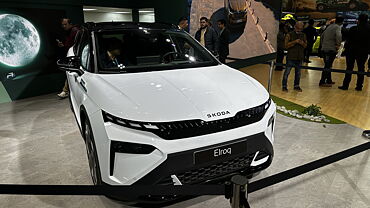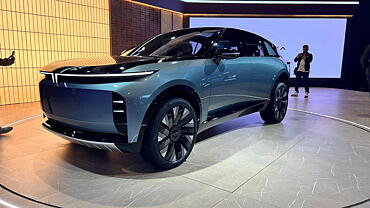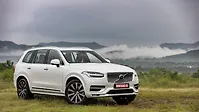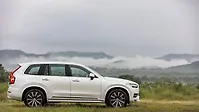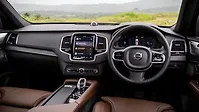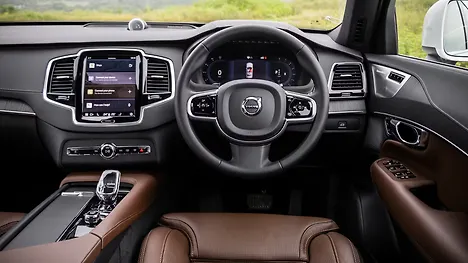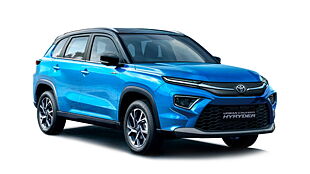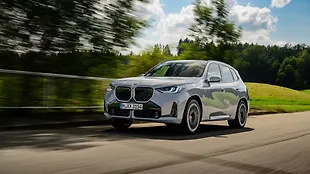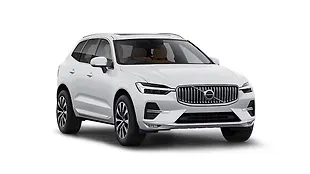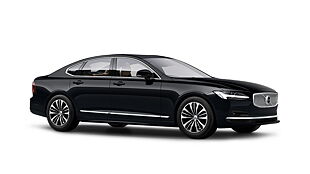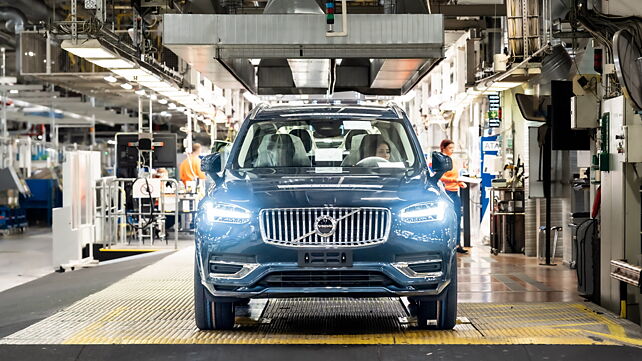
- Volvo aims to go fully electric by 2040
- EVs and hybrids will lead the charge
Volvo announced it to the world at Climate Week NYC in September last year, and now they have made it a reality. The brand has built its last diesel car. On a cloudy Thursday in early February, Volvo’s plant in Ghent, Belgium, produced its last diesel-powered car, a V60. And just the other day, their plant in Torslanda, Sweden, saw its last XC90 diesel car roll off the production line.
These events mark a huge milestone in Volvo’s 97-year history. With this move, Volvo is taking a step towards its goal of becoming a fully electric car maker, as well as achieving net zero greenhouse gas emissions by 2040. Until five years ago, the diesel engine was Volvo’s bread-and-butter powertrain in Europe. The majority of the cars the brand sold in Europe in 2019 ran on diesel, while electric models were just starting to gain traction. Today, most of Volvo’s sales on the continent are electrified cars. Last year, Volvo increased sales of fully electric cars by 70 per cent, and its global electric market share by 34 per cent.
Volvo says its future indeed is fully electric, with a mixed portfolio including plug-in hybrid and mild-hybrid models. Electric and hybrid cars, it seems, are the future and we have seen this change in Volvo’s India line-up as well. The brand has been selling petrol-only models in India for nearly three years.

